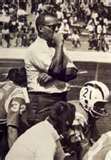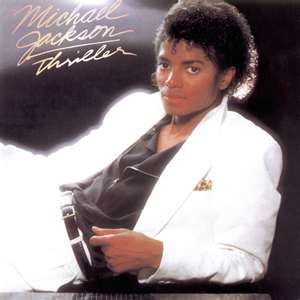Well, Tebow's being fed to the Lions was intriguing precisely because of his religious beliefs. A couple of Detroit players reportedly made fun of a fallen Tebow on the field, specifically mocking his public Christian gestures. What's strange is that Tebow has become a focal point for religious resentment. Other openly Christian players, notably Kurt Warner and the late Reggie White, never ever got the same treatment as Tebow did on Sunday. Further, former coach Tony Dungy, the de facto head of the NFL's God Squad, was never chastised, villified, or humiliated for his quite public religious stance. Nor has out-front Christian, Indianapolis Colt owner Bob Irsay, who at NFL owner meetings is definitely a lone saint in a room full of sinners.
Tebow's college career, for better or worse, put a big bull's eye on his football career back. He was arguably the best collegiate player to come along in a decade. His leadership, athletic ability, and guts were unquestioned at the University of Florida. Of course, the pro game is vastly different and substantially harsher than the collegiate one. While both are businesses (despite what the hypocritical NCAA maintains), the pro version is not for the faint of heart.
Tebow walked into a lion's den in Denver. The Broncos were a troubled franchise, with out of control players, a supremely egotistical coach who enabled their behavior, and a devious owner. A new coach was imported from the league's flagship franchise (New England) with what I had concluded was an unspoken agenda: clean up the team. Denver's problems included the murder of two players, one of the incidents involving a drive-by shooting and local gang members. The NFL, which is terrified of gang influence among its players, quite possibly sent the Bronco franchise a warning to clean up its act. The offer was probably one Broncos owner Pat Bowlen could not refuse.
Players were traded in thinly disguised fire sales. (They have notably performed well below expectations for their new teams.) Tebow was drafted -- the new clean face of the franchise. However, it takes time to scrub a franchise. Unluckily for Tebow, his game needed a lot of work. Force feeding him into a bad starting lineup was the worst possible thing to do. Any wide receiver who could catch was traded away. In effect, Tebow was fed to the lions long before a up-and-coming Detroit team devoured him.
Elway, coincidentally, went to Stanford University, the same school as current "can't miss" QB Andrew Luck. I would not be surprised if Elway whispered some advice, through friends, to the Luck camp: "Do what I did." For those who don't remember, when Elway entered the NFL draft, he was selected by Indianapolis. He told Indy to drop dead, and the Colts were strong armed into dealing the rights to Elway to where he wanted to play -- Denver.
Ironically, the likely franchise who will get the rights to drafting Andrew Luck is (drumroll) Indianapolis, the franchise with the Christian owner. Denver will probably have a top five pick in the draft. Andrew Luck may very well be the reincarnation of John Elway, in more ways than one. As for Tim Tebow, if he's traded to Indy, he'll be breaking bread with another college great -- Peyton Manning, whose father arranged for son Eli to force San Diego to trade him to the New York Giants.










































